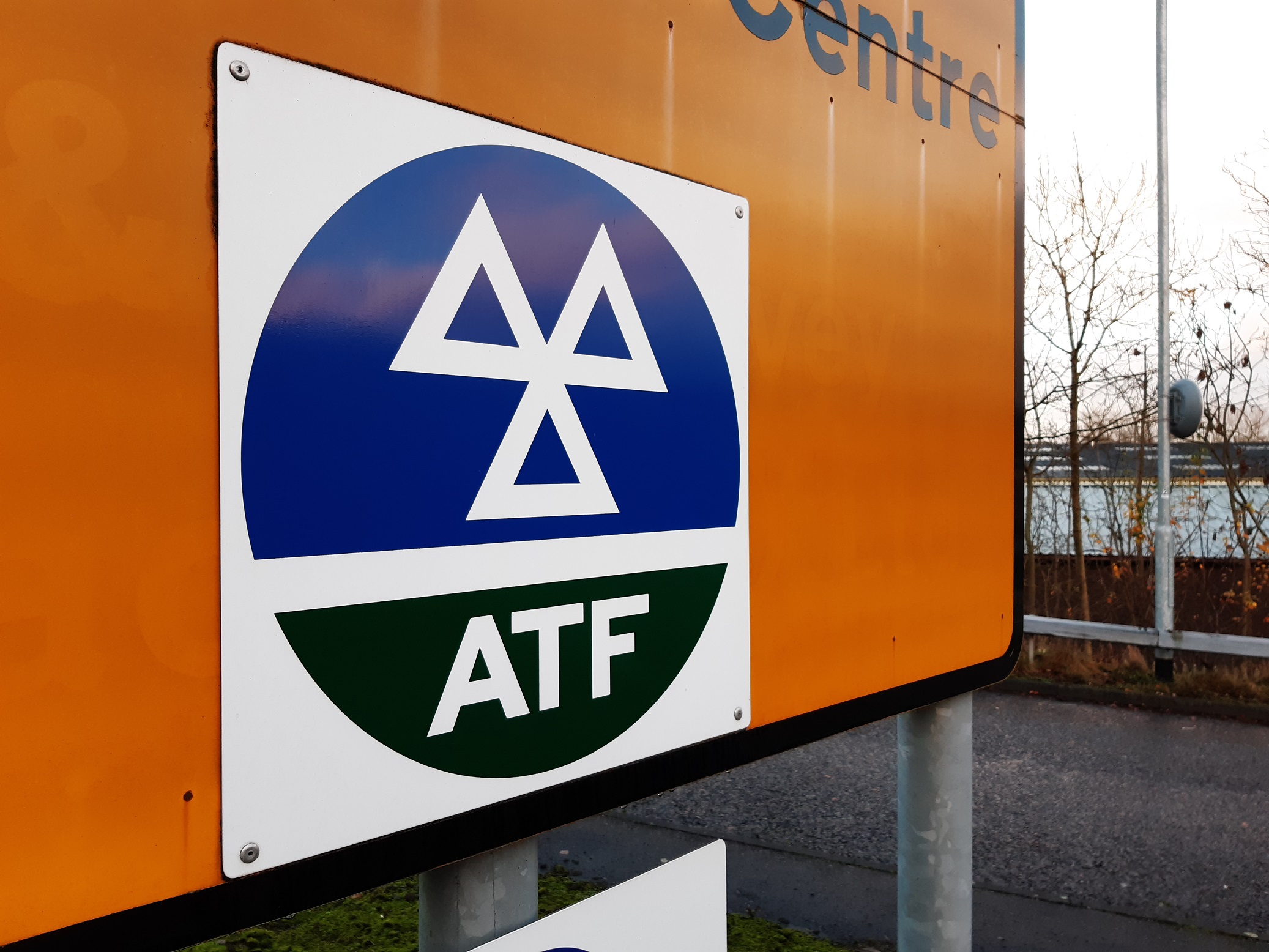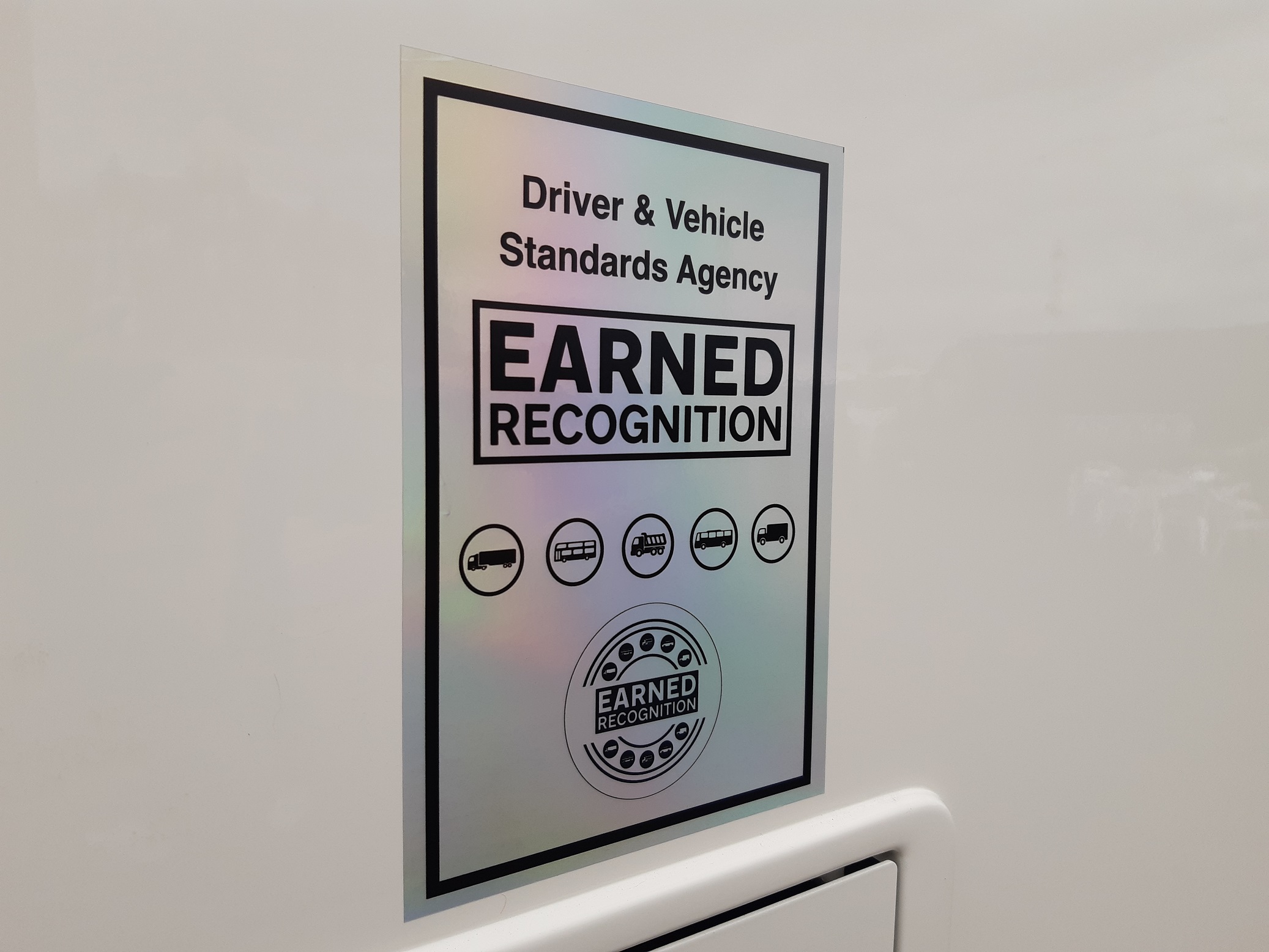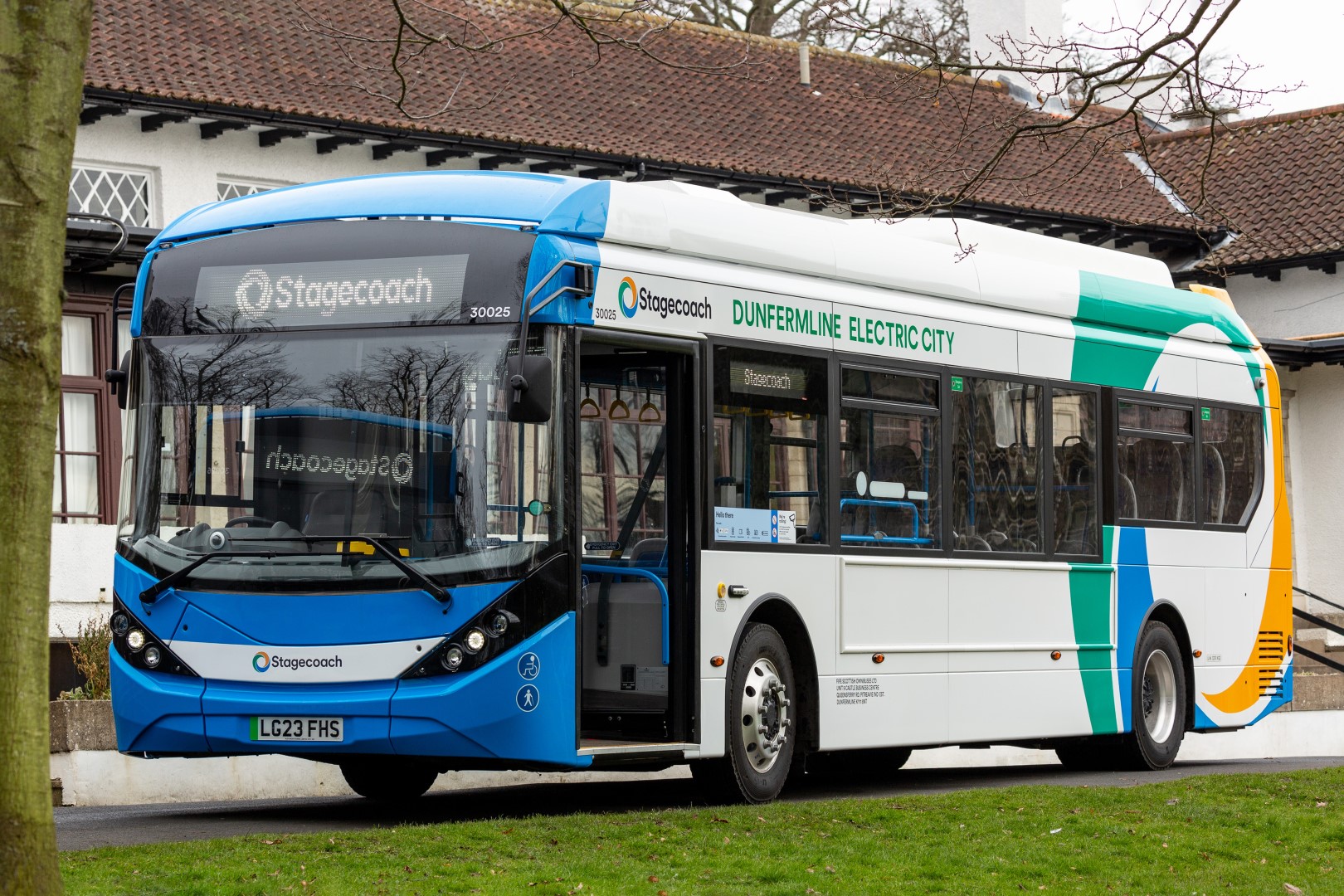Options for possible change to the heavy vehicle testing regime for members of DVSA’s Earned Recognition (ER) scheme have been published by the Department for Transport (DfT) in a call for evidence.
Four options are contained in the document, which follows completion over two years ago of the heavy vehicle testing review. That work identified how the overall service may benefit from vehicle testing not needing to be annual for Earned Recognition members, and advocated a consideration of extended intervals for vehicles operated by them.
The call for evidence expands on that significantly by adding further suggestions around how the regime could change for ER members. They include delegated testing, reduced test content and improved service provision. DfT is now consulting on its ideas and asking for feedback on other approaches that the industry may think worthwhile.
Any amendment to the testing regime would need assure continuing safe vehicle operation. “That will mean considering whether the existing ER scheme [would do that] well enough or need changing, and/or whether other interventions are needed,” it says. Tightening of current requirements around KPI submission intervals could be such an area of focus, while more robust auditing is also mentioned.
Extended vehicle testing interval for ER members headlines…
While four options are presented in the call for evidence, DfT says further understanding of their potential benefits or disbenefits is required. They thus do not constitute formal proposals. On increasing the test interval for ER members, the document presents an initial consideration of every two years being appropriate.
For that to happen would require primary legislation and potentially be a slow process. That aside, DfT believes that such a move would benefit both ER members and those operators that are not part of the scheme by freeing tester and Authorised Testing Facility (ATF) availability.
However, it counters by noting that in some cases, insurance may still require an annual test. Moreover, it is likely that vehicles travelling outside the UK would need to be tested yearly.
Consideration would also be required of how to handle a vehicle changing hands and whether it would be appropriate for a longer test certificate to remain in that circumstance. The position would also need clarification for operators that leave ER.
…and delegated vehicle testing for Earned Recognition appears
Second on DfT’s list is delegated testing. It has previously been called for repeatedly by the ATF Operators Association. The suggestion presented in the call for evidence has two options.

One would permit the ER member to test its own vehicles annually, subject to a consideration of the extent to which those individuals conducting tests would need to be able show independence from those that maintain or repair the vehicle.
A sub-option could extend the delegation further, such as to the ER member’s maintenance provider.
DfT says that delegated testing has been highlighted by industry members as being particularly beneficial through no need to wait for DVSA testing appointments.
However, if it was ultimately adopted without the sub-option, ER members that use third-party maintenance providers may not benefit. Delegated testing could be introduced for PSVs via secondary legislation but it would likely require primary legislation for HGVs.
‘Reduced content’ of vehicle testing forms part of options
The third and lowest-key option that has been suggested by operators and trade bodies is reduced test content for ER members. That would remove from the test some items that “are covered in routine inspections or that can be shown to be effectively monitored by in-vehicle systems in the longer term.”
Benefits to this suggestion are “likely to be minimal,” while the call for evidence adds that feedback from operators does not suggest that current test content is problematic. That notwithstanding, future benefits tied to greater vehicle condition monitoring systems may increase the benefit from a reduced test content approach.
Final suggestion could give ER members preference
A final suggestion is among those already being considered by DVSA that are simpler to implement than the three listed above, but which DfT says would still benefit ER members. Under this improved service approach, DVSA could focus such efforts on those parties. Besides change to tester utilisation and flexibility, it could include complete or greater guarantee of requested ATF slots for ER members.
While this suggestion is light on detail, its adoption “in principle should bring many of the benefits of the more complex options,” DfT claims. However, successful deployment would be highly dependent on other factors and the call for evidence gives little consideration of the possible negative impact that such an avenue could bring to non-ER members.
The call for evidence, including consultation questions, is viewable online. Responses can be submitted until 9 June through various means outlined by DfT. The Department hopes to publish a summary of those submissions, and the next steps, by 9 September.



























